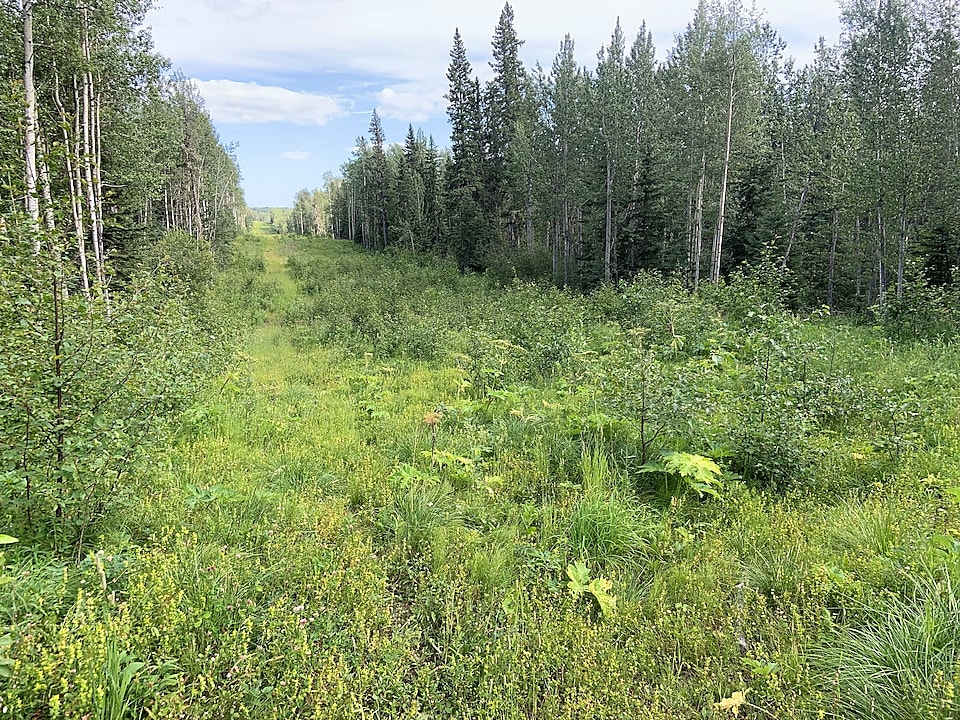
Groundbirch native plant reclamation
Through engagement with local First Nation communities, the use of native plants in Shell Groundbirch reclamation activities was identified as a priority area. During similar engagements, an enterprise development opportunity was also presented for First Nations communities involving the use of native plants from Twin Sisters Native Plant Nursery which is owned and operated by Saulteau and West Moberly First Nations.

Native plants have an integral function as part of our natural forests and grasslands and are essential to maintaining the entire eco-system balance and preserving wildlife. The goal of this revegetation practice is to re-establish a plant community that is compatible with land use and evaluations are conducted to assess suitable reclamation species.
Twin Sisters Native Plant Nursery supports the improvement of restoration and reclamation work in Northeast B.C. through seed propagation and native plant distribution with a primary focus on ecological restoration and the remediation of impacts on traditional lands from industrial projects.
Shell was an early adopter for the practice of using native plants for reclamation and the BC Oil and Gas Commission now requires native plant use for reclamation, industry wide.
Mitigating environmental impacts is critical to Shell as part of our commitment to Respecting Nature through our Powering Progress Strategy as well as our commitment to Powering Lives by developing local businesses in collaboration with Treaty 8 communities for long-term ecological and social health of British Columbia and Shell’s reconciliation journey with Indigenous Peoples.
Shell has sponsored various initiatives in support of the Twin Sisters Native Plant Nursery, including expansion of a second greenhouse, conversion from propane to biomass heating, and cold seed storage, which will allow for a second planting season in the spring. Shell also employs Indigenous-owned enterprises for planting and monitoring activities.
Since 2014 Groundbirch has reclaimed approximately 20 projects with native plants (over 88 square hectares total, using 380 000 plants). There are six reclamation projects planned for this year for which 139,050 plants will be used.